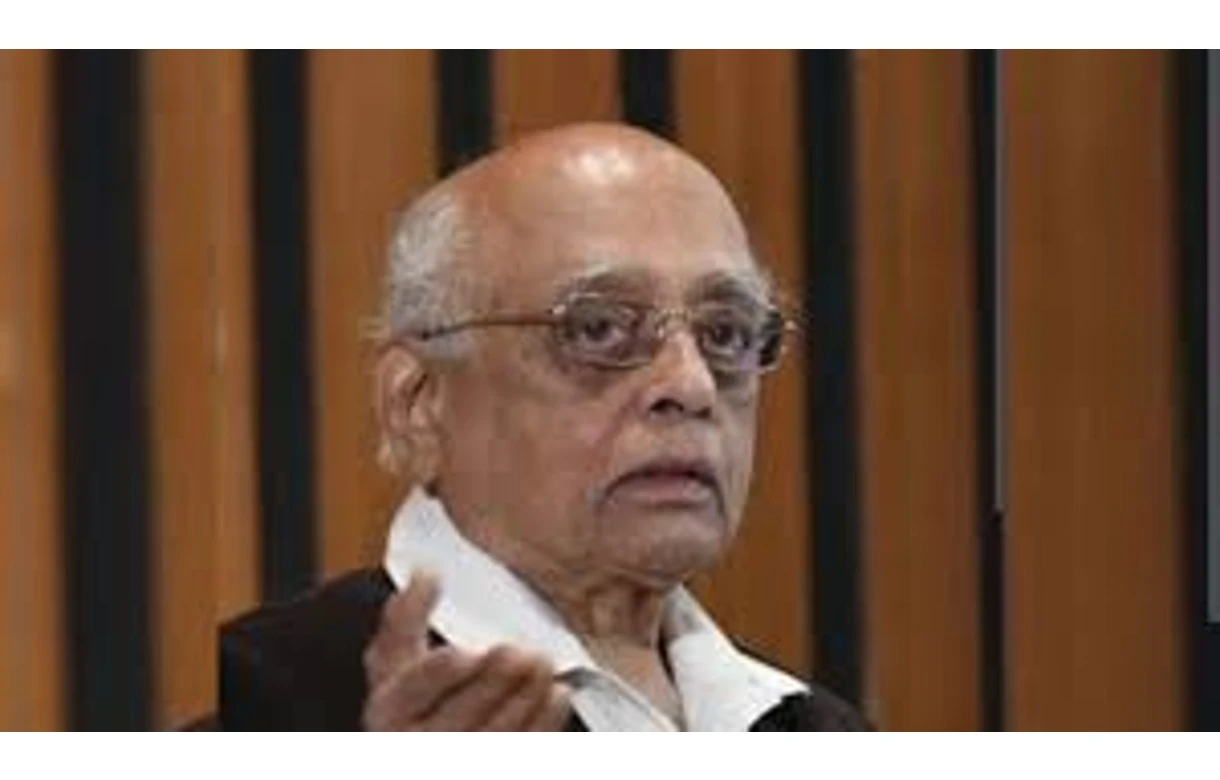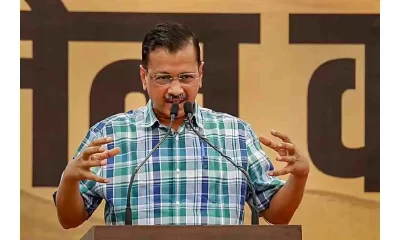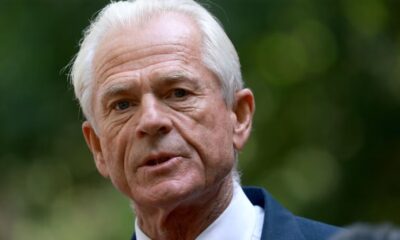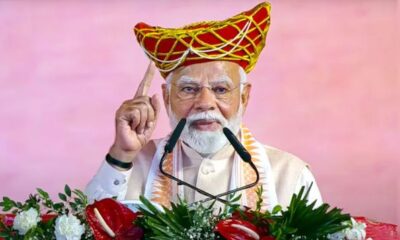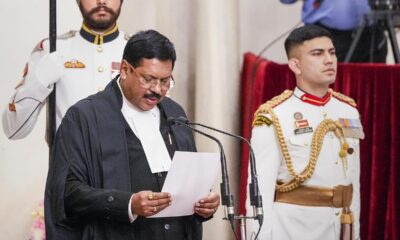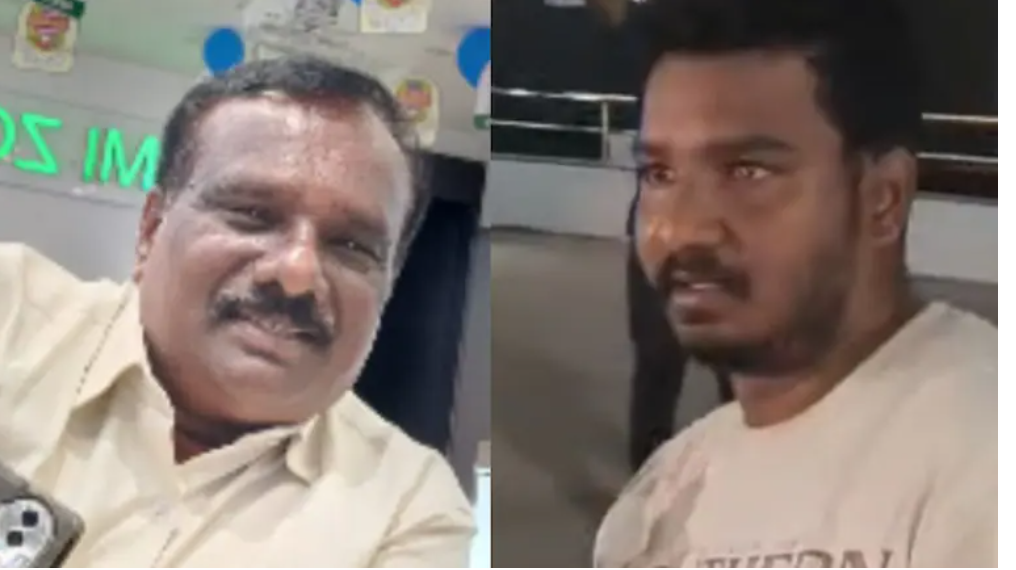Prime Minister Narendra Modi expressed profound sadness on Saturday over the passing of esteemed nuclear scientist Dr. Rajagopala Chidambaram. Modi noted that Dr. Chidambaram was a pivotal architect of India’s nuclear program and made significant contributions to enhancing the country’s scientific and strategic capabilities.
In a post on X, the Prime Minister stated, “I am deeply saddened by the demise of Dr. Rajagopala Chidambaram. He played a crucial role in India’s nuclear program and was instrumental in advancing our scientific and strategic strengths. The nation will remember him with gratitude, and his legacy will inspire future generations.”
Dr. Rajagopala Chidambaram, a prominent nuclear scientist and former principal scientific advisor to the Government of India, passed away at 3:20 AM on Saturday at Jaslok Hospital in Mumbai due to age-related complications. He was 88 years old.
Chidambaram was a key figure in India’s nuclear journey, participating in both the first nuclear test, Pokhran I (Operation Smiling Buddha) on May 18, 1974, and the second, Pokhran II (Operation Shakti) in 1998. His outstanding contributions were recognized when he received the Padma Shri in 1975 and the Padma Vibhushan in 1999.
Born in Chennai in 1936, Chidambaram graduated from Presidency College before obtaining a PhD from the Indian Institute of Science in Bengaluru. He joined the Bhabha Atomic Research Centre (BARC) in 1962, where he eventually became director in 1990. In 1993, he was appointed chairman of the Atomic Energy Commission, a role he held until 2000.
Under his leadership, India conducted its second series of nuclear tests in 1998, solidifying the country’s strategic nuclear capabilities. He also played a vital role in the Indo-US civil nuclear agreement, which marked a significant step in reintegrating India into the global nuclear community.
In 2002, Chidambaram succeeded APJ Abdul Kalam as the second principal scientific advisor to the country, serving until 2018. During this time, he advocated for various scientific advancements, including the Rural Technology Action Group (RuTAG), which aimed to empower rural communities, as well as initiatives like the Society for Electronic Transactions and Security (SETS) focused on enhancing cybersecurity and the National Knowledge Network (NKN) designed for connecting academic and research institutions across India.
The Office of the Principal Scientific Adviser to the Government of India described Chidambaram as a “true scientific pioneer,” highlighting how his contributions to nuclear science and strategic technologies are integral to India’s progress in science and technology.
The office added, “Dr. Chidambaram’s crucial involvement in the Pokhran-II nuclear tests in 1998 established India’s scientific and strategic capabilities on the global stage. His work in condensed matter physics, nuclear energy, and strategic policymaking created a lasting legacy.”
Ajit Kumar Mohanty, secretary of the Department of Atomic Energy, praised him as “a doyen of science and technology whose contributions significantly enhanced India’s nuclear capabilities and strategic self-reliance.” He characterized Chidambaram’s passing as “an irreparable loss for the scientific community and the nation.”
